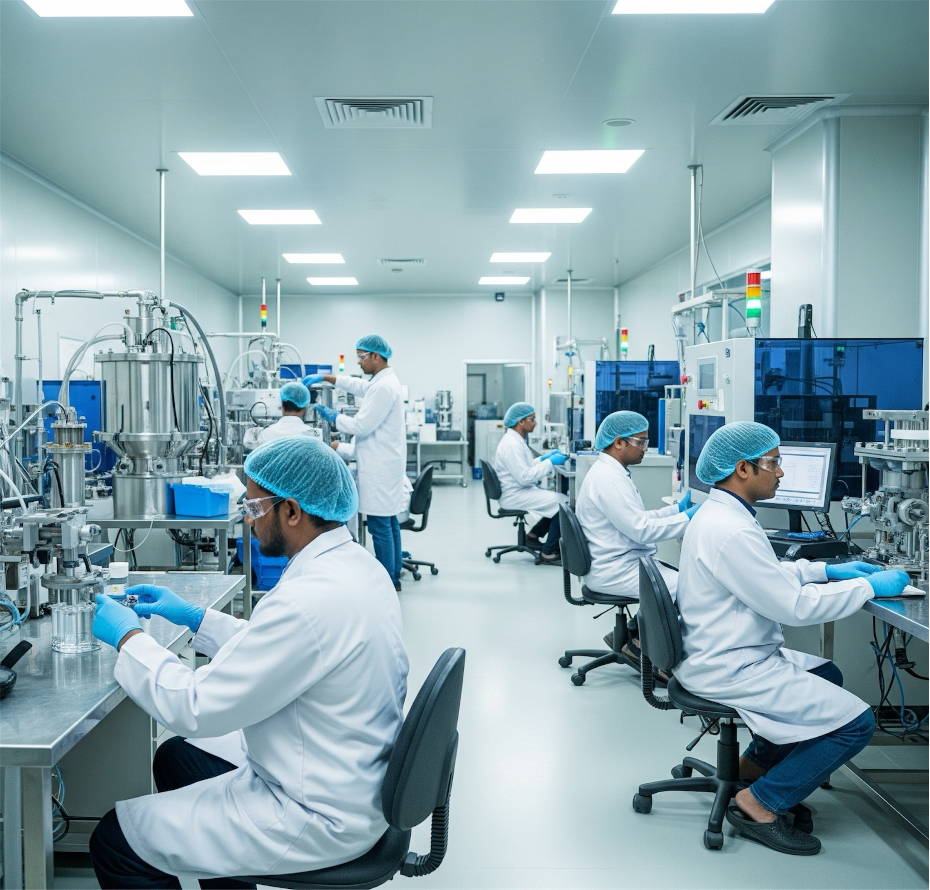Bangladesh’s pharmaceutical sector is calling for a stronger push in locally manufacturing Active Pharmaceutical Ingredients (APIs), as the industry currently imports around 80–97% of its essential raw materials, a situation that threatens cost stability and competitiveness, industry insiders warn. At a recent workshop in Dhaka organized by the Bangladesh Association of Pharmaceutical Industries (BAPI), participants emphasized the urgent need for domestic API production. Only 21 companies currently produce some standard APIs covering just about 20% of industry needs, while the rest of the Tk 7,000-crore API market is met by imports. Group company executives raised concerns that limited local API output constrains export growth and reduces pharmaceutical firms’ ability to compete globally. With almost 80% of ingredient needs imported, production costs remain high, and international supply chain disruptions can delay drug manufacturing. Efforts are underway to build momentum. The API Industrial Park in Munshiganj has allocated space to 27 companies, with about 15 expected to soon begin production. Plans are in place to add two more API parks in Bagerhat and Khulna to enhance capacity. Government policy is also improving. Under the 2018 National API Policy, API makers receive VAT exemptions on raw materials, 10-year tax holidays, and are allowed to retain 40% of export earnings in return for reinvesting in R&D . Industry leaders suggest further incentives like one-stop regulatory services and accelerated approval systems would help API firms scale faster. Experts argue that ramping up local API output is essential for long-term industry sustainability. Not only would this reduce drug production costs by up to 10%, but it would also mitigate the risk of supply shocks from countries like India and China, which currently dominate global API supply. There are clear benefits for exporters, too. With lower raw material costs and stable production, Bangladeshi pharmaceutical firms could improve profitability and expand exports to over 150 countries. Several API producers, including Active Fine Chemicals, have already landed significant export orders based on competitive pricing. Challenges remain in scaling local API production such as investing in high-tech plants, securing reliable gas and power, and developing skilled technical staff. Industry leaders are also urging the government to complete the API Industrial Park quickly and enable cross-border technology partnerships. In summary, Bangladesh’s pharma sector recognizes the strategic importance of home-grown API production. With supportive policies, infrastructure, and investment, the country can significantly reduce its import dependence, lower drug costs, and strengthen its global pharma presence.
Pharma Industry Seeks Locally Produced APIs to Reduce Import Reliance
51


